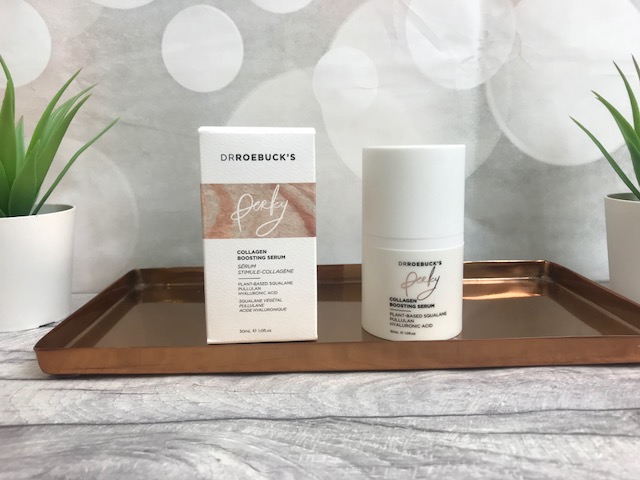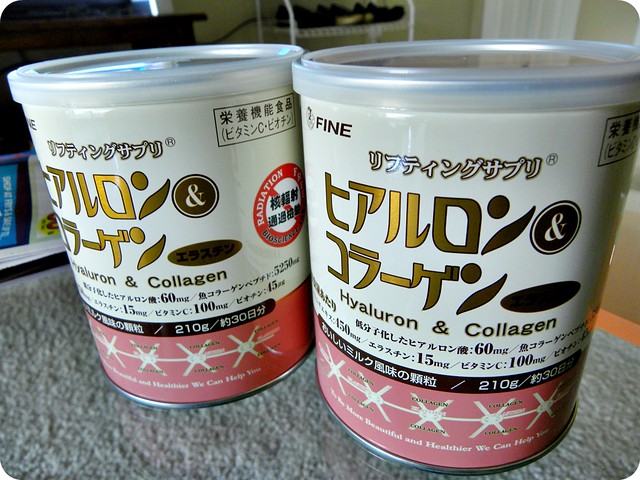Collagen and Hyperpigmentation

In the quest for radiant skin, hyperpigmentation often emerges as a formidable challenge. Whether triggered by sun exposure, hormonal shifts, or inflammatory conditions, uneven skin tone can affect individuals of all skin types and ages. Amidst the myriad of treatments promising to erase these dark spots, comprehending the fundamental significance of collagen in managing hyperpigmentation is essential for achieving lasting results.
The Science Behind Hyperpigmentation
Before diving into the correlation between collagen and hyperpigmentation, it’s crucial to grasp the science underlying skin discoloration. Hyperpigmentation arises when melanocytes, the pigment-producing cells, become hyperactive, resulting in an overproduction of melanin. This surplus melanin manifests as dark spots, patches, or an irregular complexion.
Several factors contribute to hyperpigmentation:
- Sun Exposure: UV radiation prompts melanin synthesis, leading to tanning and triggering irregular pigmentation.
- Hormonal Fluctuations: Pregnancy, menopause, and hormonal imbalances can induce melasma, a type of hyperpigmentation.
- Inflammation: Conditions like acne and eczema can cause post-inflammatory hyperpigmentation, leaving behind dark marks.
Understanding these triggers is vital for devising effective strategies to address hyperpigmentation and restore a harmonious skin tone.

The Role of Collagen
Collagen, often hailed as the “building block” of the skin, plays a pivotal role in maintaining its health and appearance. As the most abundant protein in the body, collagen provides structural support, elasticity, and hydration to the skin. However, collagen production naturally diminishes with age, leading to wrinkles, sagging, and uneven pigmentation.
But how does collagen relate to hyperpigmentation?
Research suggests that collagen depletion not only contributes to visible signs of aging but also exacerbates hyperpigmentation. Here’s how:
- Skin Barrier Function: Collagen is integral to the skin’s barrier function, shielding it from environmental aggressors and preventing moisture loss. A compromised skin barrier is more prone to inflammation, which can trigger hyperpigmentation.
- Melanin Regulation: Collagen helps maintain an even distribution of melanin, inhibiting the formation of dark spots and patches. Diminished collagen levels may disrupt melanin regulation, leading to hyperpigmentation.
- Wound Healing: Collagen plays a crucial role in the skin’s healing process. Inadequate wound healing, often associated with collagen depletion, can result in post-inflammatory hyperpigmentation.
Strategies for Enhancing Collagen Production
To effectively address hyperpigmentation and promote an even skin tone, it’s essential to support collagen production. Here are some strategies to consider:
- Topical Treatments: Incorporate skincare products containing ingredients like vitamin C, retinoids, and niacinamide, which stimulate collagen synthesis and target hyperpigmentation.
- Sun Protection: Use broad-spectrum sunscreen daily to shield the skin from UV damage and prevent further hyperpigmentation.
- Dietary Modifications: Consume a balanced diet rich in collagen nutrients such as vitamin C, zinc, and copper. Include foods like citrus fruits, leafy greens, and lean proteins.
Conclusion
Achieving an even skin tone necessitates a comprehensive approach that addresses both the underlying causes of hyperpigmentation and the mechanisms involved in collagen synthesis. By recognizing the critical role of collagen in maintaining skin health and combating hyperpigmentation, individuals can make informed choices when selecting collagen brands and treatments. Remember, consistency and patience are key when embarking on a journey to restore radiance and luminosity to the skin.



